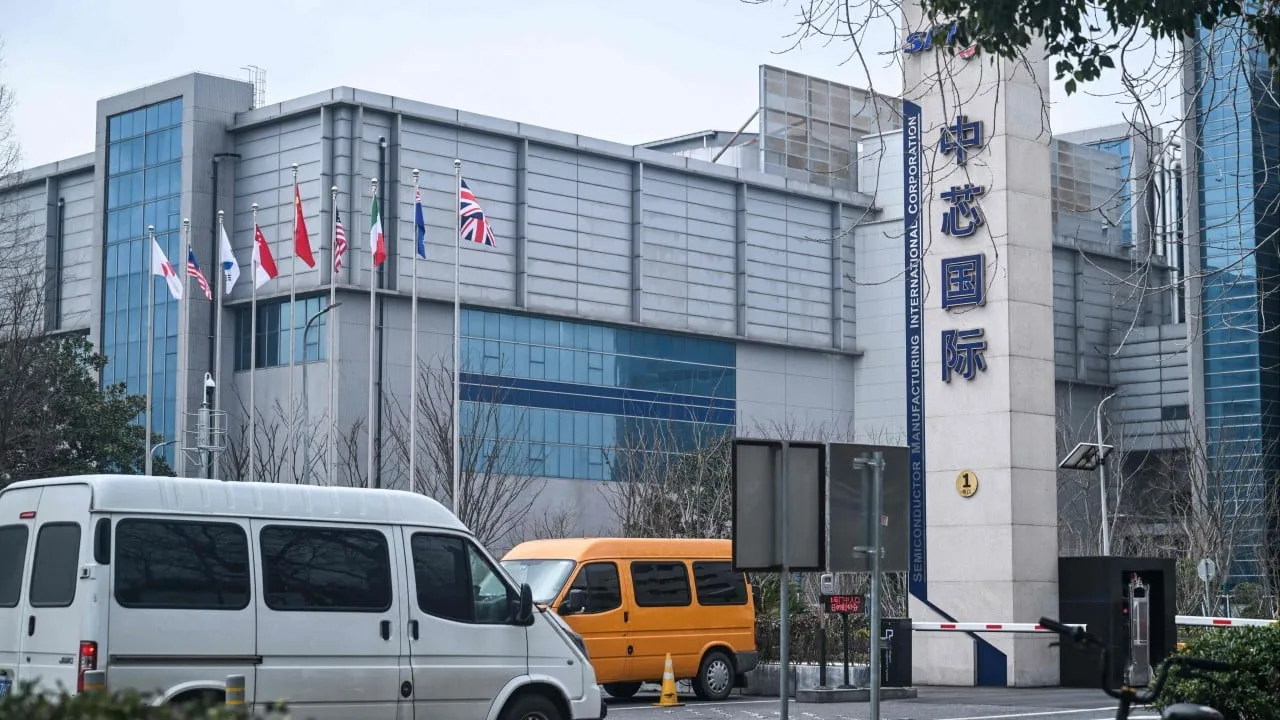AI and U.S. Export Control Laws: Investigation into China's SMIC and Huawei Technologies

AI's Role in U.S. Export Control Laws
AI is becoming integral to U.S. export control laws concerning China’s Semiconductor Manufacturing International Corporation (SMIC) and Huawei Technologies. Michael McCaul, the chair of the House Foreign Affairs Committee, emphasized the need for immediate intervention by urging the U.S. Commerce Department to investigate SMIC.
Potential Violations by SMIC
- Michael McCaul highlights evidence suggesting SMIC is in violation of U.S. export control laws.
- Concerns are rising about SMIC's role in supporting Huawei, which was previously sanctioned.
- McCaul represents a growing bipartisan push for greater scrutiny of Chinese technology firms.
Calls for Accountability
In a recent letter to the Commerce Department, McCaul demanded a comprehensive audit of SMIC’s facilities. He warned that without transparency and accountability, existing licenses for SMIC should be paused:
- McCaul asserts there’s a “smoking gun” involving SMIC’s advanced chips designed for Huawei smartphones.
- He foresees this technology enabling China to potentially surpass the U.S. in AI development.
- In contrast, the Chinese embassy condemns the accusations as politicized.
As of now, the Commerce Department has acknowledged McCaul’s letter, pledging a response through appropriate channels. Both SMIC and Huawei remain silent amidst these accusations, highlighting a tense technological rivalry.
This article was prepared using information from open sources in accordance with the principles of Ethical Policy. The editorial team is not responsible for absolute accuracy, as it relies on data from the sources referenced.